Self-taught local shoemaker stands tall

Raymond Jaravaza, Showbiz Correspondent
TO an eavesdropper the old man doing most of the talking under the huge jacaranda tree was too cocky.
On the contrary, he is a man who is self-assured about his capabilities, a man who boldly vouches for his products to meet the best standards and compete with whatever his competitors — big or small — are offering in the market.
It’s a Friday morning and Saturday Chronicle has just caught up with 65-year-old Cloudy Mangwende, a self-taught shoemaker who operates from his humble home in Old Lobengula suburb, and he gives us no more than 10 minutes for an impromptu interview.
Saturday Chronicle has been trying without luck for a month to sit down with the elderly shoemaker so had no choice but to settle under a jacaranda tree on the outskirts of the Bulawayo city centre on 14th Avenue and Josiah Tongogara Street for the interview.
“I’m not intimidated by shoes manufactured by these big companies and sold by retail stores because my products are equally the best and my customers can attest to that.
“I have been in this industry (shoe making) for the last 30 years and as they say, experience is the best teacher so I always try my best to produce quality shoes that are durable as well as comfortable,” says Mangwende.
He constantly checks the time as he speaks and it’s clear the man is in a hurry to get somewhere important.
“I have to get to the Trade Fair (Zimbabwe International Trade Fair) to meet some guys from Victoria Falls who asked me to bring them shoes that they can wear in the bush while showing tourists around,” he tells us, as if sensing that we would ask why he appeared to be in such a hurry.
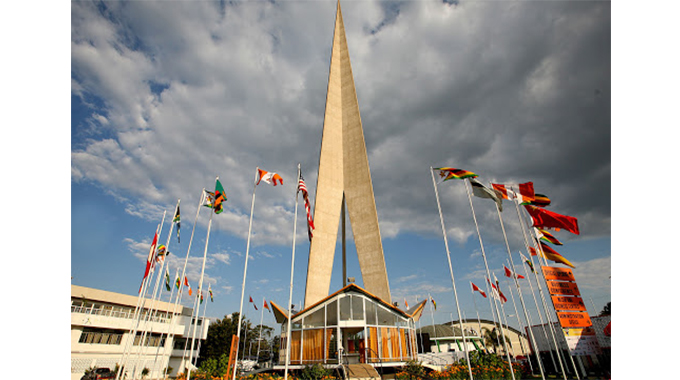
Zimbabwe International Trade Fair
That week, ZITF was hosting the Sanganai/ Hlanganani World Tourism Expo. Sanganai/Hlanganani World Tourism Expo is an annual tourism exhibition organised by the Zimbabwe Tourism Authority and showcases the widest variety of Africa’s best tourism products, and attracts international visitors and media from across the world.
Mangwende’s interest in shoemaking was sparked by a conversation years ago with a friend that worked for Bata Zimbabwe — a renowned manufacturer and leading footwear retailer in the country. Its factory is located in Gweru.
Unemployed and wondering what to do with his life, the friend jokingly said he must try making shoes for a living and sell to people that can’t afford to buy from Bata retailers. Without machinery to make decent footwear, the joke by Mangwende’s friend sounded crude and inconsiderate, but the man wouldn’t let that break his spirit.
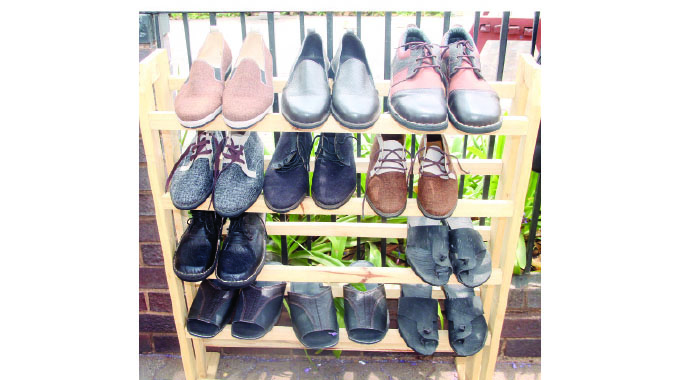
Some of his shoes on sale along Josiah Tongogara Street and 14th Avenue
“I didn’t immediately start manufacturing shoes at that moment, but it was my friend’s joke that gave me an idea to start doing something with my life. I wasn’t keen on making amanyathela but shoes that even a man who worked in a factory could wear to work and not be laughed at by his colleagues,” he explained.
Amanyathela is an informal name for amateur made shoes — mostly favoured by men — made from old tyres with a thick sole and straps.
It was only when he moved to Bulawayo in the early 1990s after losing his job in the capital city that Mangwende ventured into a business that he had pushed to the back of his head for years.
The 90s were a difficult period in the history of the country’s employment records after the introduction of ESAP — Economic Structural Adjustment Programme — an International Monetary Fund supported initiative. Workers lost jobs in their thousands during that period and it pushed Zimbabweans to start thinking of ways to survive outside of formal employment.
The father-of-three was lucky to get an old relatively easy-to-operate machine from a white man who was relocating back to Australia at a give-away price and the road to his shoe making business was about to start.
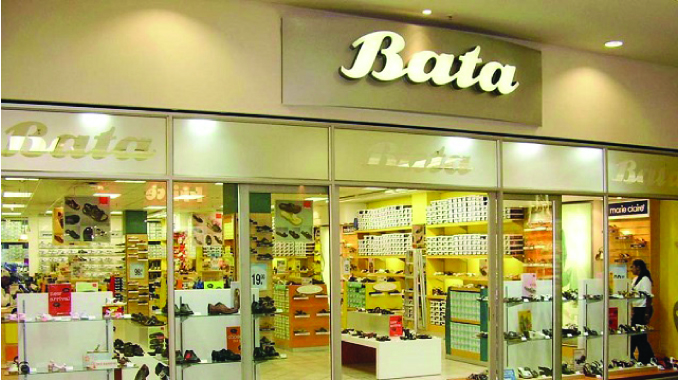
Bata Shoe Company
“Back in the day, raw materials such as leather, glue and rubber were cheap and easy to find because a number of factories were still functioning in Bulawayo and now that I had the machine, it became easy for me to venture into the business.
“I started off making about 10 pairs of shoes a week, depending on the orders that I got from potential customers and it wasn’t a bad start.
“These days getting rubber for shoe soles is becoming difficult but most shoemakers compromise by buying used conveyor belts, which by the way are strong and durable and still make good shoe soles,” he added.
The old man is proud to say that his shoes can rival products sold in established footwear retailers, one of the reasons his customers recommend his shoes to friends and family.
His business survives on word-of-mouth marketing, so one unhappy customer could potentially turn away five prospective clients.
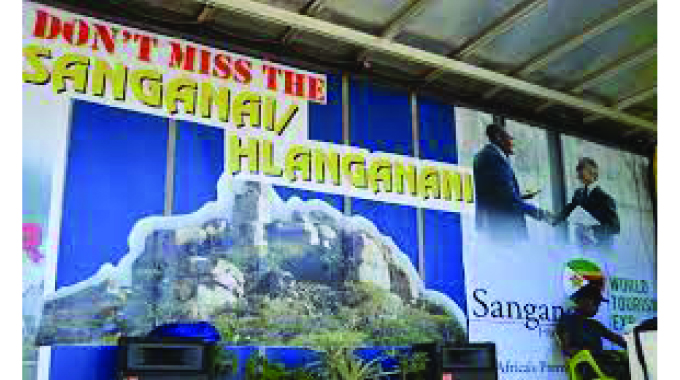
File picture: Sanganai/Hlanganani International Tourism Expo
“As you can see, the shoes range from those made from pure leather, the ones that are mostly favoured by farmers, miners and safari tour guides to comfortable shoes that can be worn on a daily basis.
“It’s difficult to really put down a figure and say I make this much money per month because business is never the same on a monthly basis but I would say that I make enough to pay the bills and feed my family,” he says.
Mangwende pulls out his phone and checks the time for the umpteenth time and we know that is our cue to end the interview and let the old man head to the ZITF.
After all, he has clients waiting for him and one rule in business is never make the customer wait for you. – @RaymondJaravaza


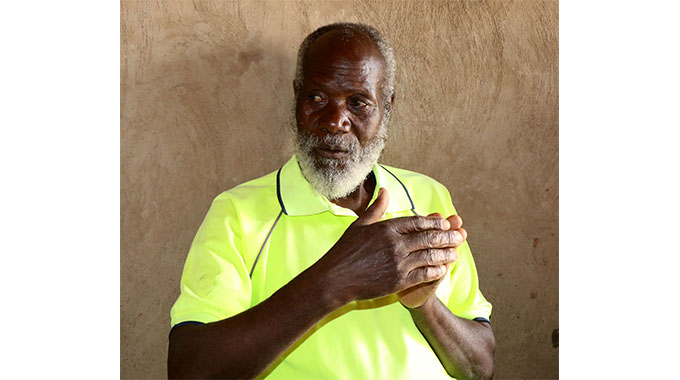

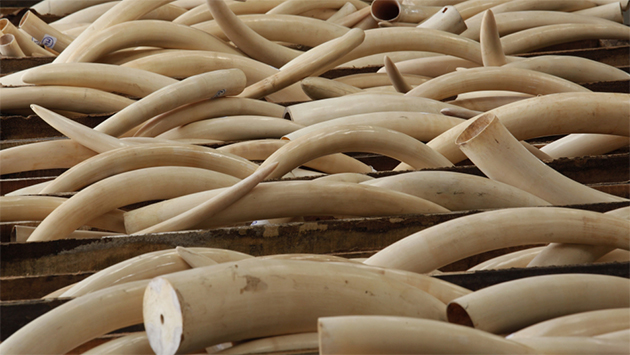







Comments